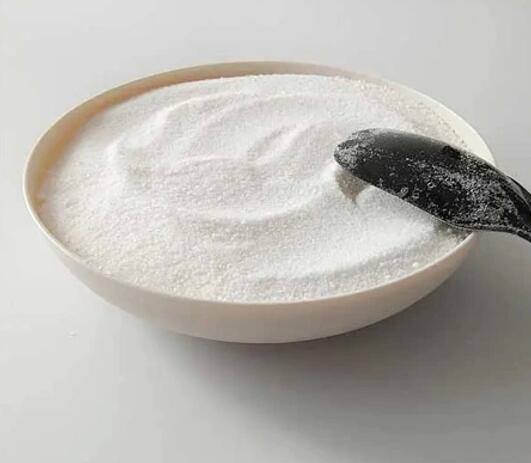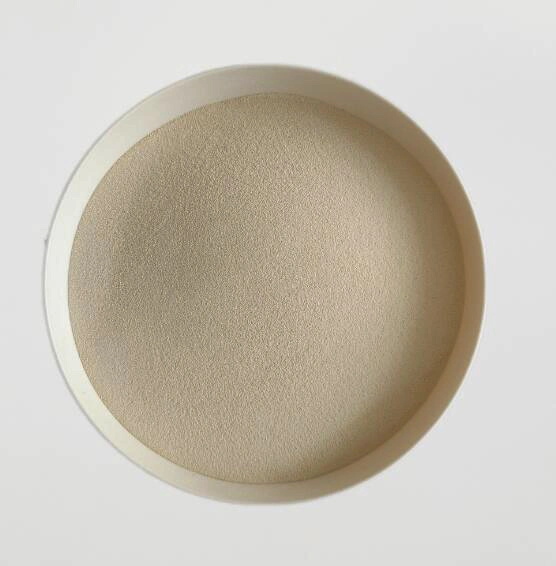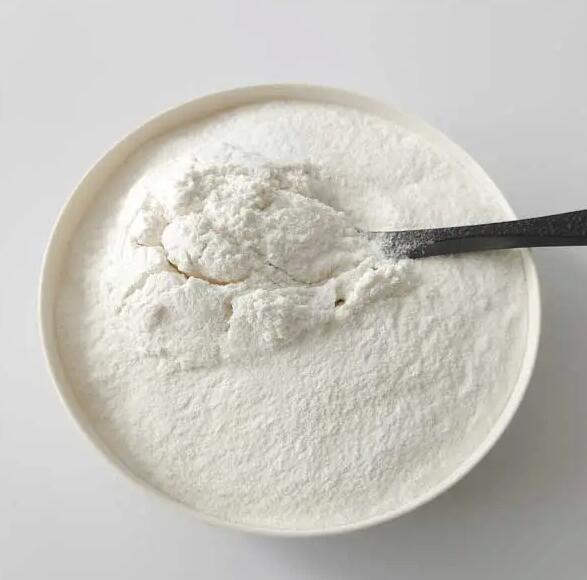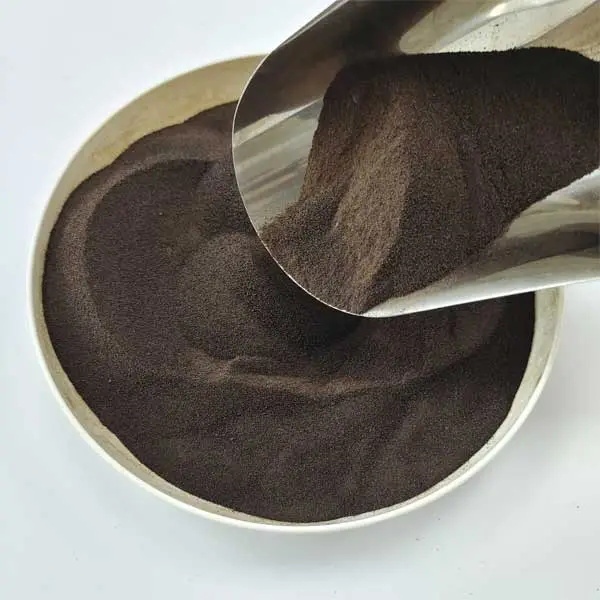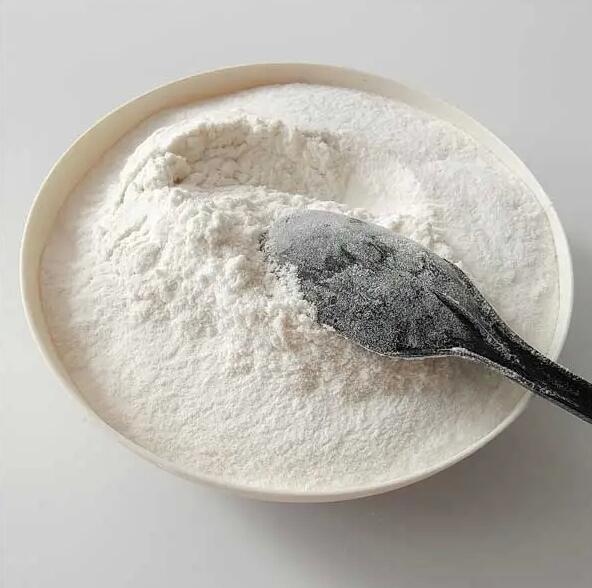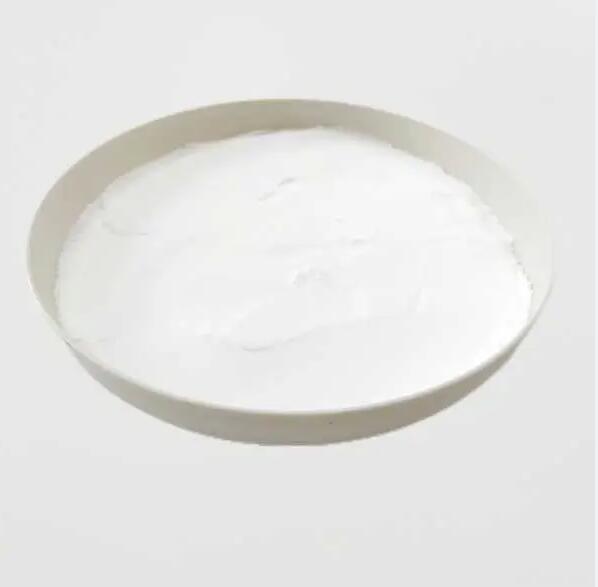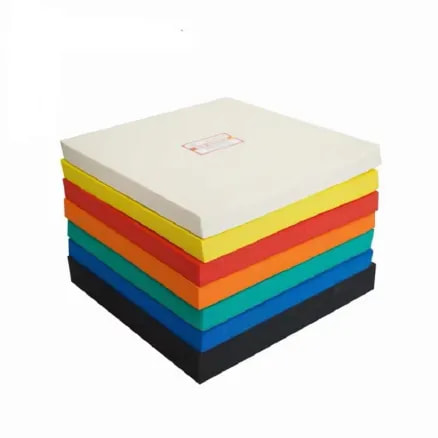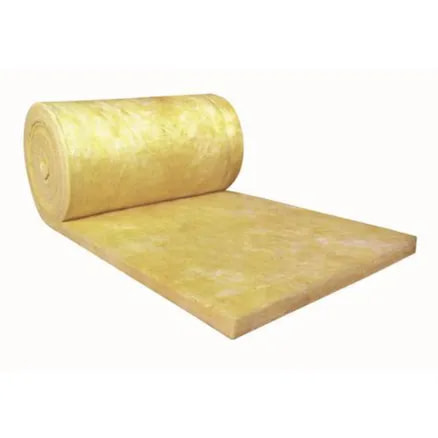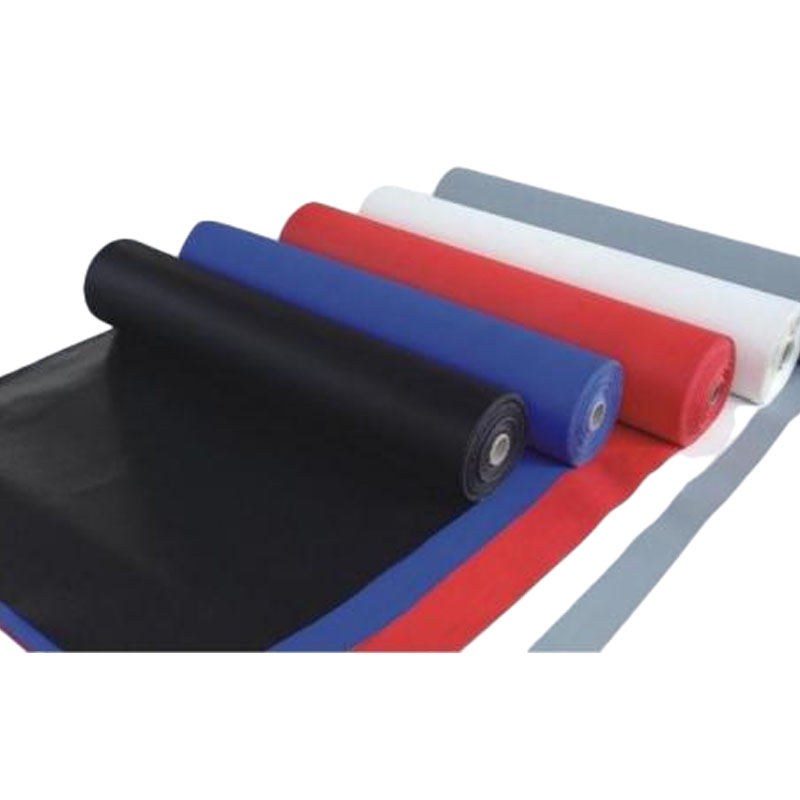Gluconate
Gluconaterefers to a compound that is derived from gluconic acid. Gluconic acid is a naturally occurring organic acid that is produced via the oxidation of glucose. Gluconate compounds are commonly used in various industries and applications due to their versatile properties. They are often utilized as chelating agents, stabilizers, additives, or supplements. Gluconate compounds are known for their ability to bind to metal ions, which helps in controlling or enhancing the stability, solubility, or bioavailability of certain substances. They can be found in products such as food and beverage additives, pharmaceuticals, personal care products, and water treatment solutions. The most common form of gluconate is calcium gluconate, which is used as a dietary supplement for calcium. Overall, gluconate compounds play important roles in numerous industries and serve various functions based on their applications.
Gluconate definition
What Are Gluconate Uses?
Gluconate compounds, such as sodium gluconate and ferrous gluconate, have various functions and uses based on their specific properties:
- Water Treatment: Gluconate compounds are also employed in water treatment applications. They help in sequestering or controlling the levels of certain metal ions in water systems, preventing the formation of scale or unwanted deposits.
The Advantages of Gluconate
These advantages highlight the versatility and benefits of gluconate compounds in a range of industries, from pharmaceuticals and dietary supplements to water treatment and formulation stability.
How Is Gluconate Manufactured?
Gluconate is typically manufactured through the fermentation of glucose or other sugars by certain types of bacteria or fungi. The process involves several steps:
It is important to note that gluconate can also be manufactured synthetically through chemical reactions, but the fermentation process is the most common and commercially viable method.
For more information about cas 527 07 1, please feel free to contact us!
If you are looking for a reliablegluconate company, don't hesitate to contact us!
There are many construction chemicals suppliers, but we are one of the best choices for you.
Send product request
Other supplier products
| Dispersant NNO (A) | The Dispersant NNO is a powder ranging in color from light yellow to yellowish brown. It serves as an anionic surfactant, renowned for its exceptio... | |
| Hydroxypropyl Methyl Cellulose HPMC | Hydroxypropyl methyl cellulose (HPMC) is a non-ionic cellulose derivative derived from natural cotton fibers through a sequence of chemical procedu... | |
| Dispersant | Dispersant is a chemical additive used to improve the dispersion or distribution of solid particles or materials within a liquid medium. It works b... | |
| Hydroxyethyl Methyl Cellulose HEMC | HEMC cellulosefinds extensive applications in various industries, including water-based latex coatings, building construction and materials, printi... | |
| Calcium Formate (Feed Grade) | Feed-grade calcium formate powderis a calcium salt that includes formic acid, comprising 31% calcium and 69% formic acid. It maintains a neutral pH... |
Same products
| Rubber foam sheet | Seller: Langfang Huichen Energy Saving Technology Co., Ltd. | Rubber foam sheet Rubber and Plastic Insulation Board is a closed-cell structure flexible foam m... | |
| Glass Wool Felt Rolls | Seller: Langfang Huichen Energy Saving Technology Co., Ltd. | Glass Wool Felt Rolls OurGlass Wool Felt Rollsprovide consistent density, excellent elasticity... | |
| Silicon Titanium Fireproof Cloth | Seller: Langfang Huichen Energy Saving Technology Co., Ltd. | Silicon Titanium Fireproof Cloth Silicon Titanium Fireproof Cloth, also known asWelding Fire Bla... | |
| Fire Blanket | Seller: Langfang Huichen Energy Saving Technology Co., Ltd. | Fire Blanket Glass fiber fire blanket It is a kind of specially treated glass fiber twill fabri... | |
| Silcone Fireproof Cloth | Seller: Langfang Huichen Energy Saving Technology Co., Ltd. | Silcone Fireproof Cloth Silicone Fire Retardant Cloth – High-Temperature Resistant & M... |





